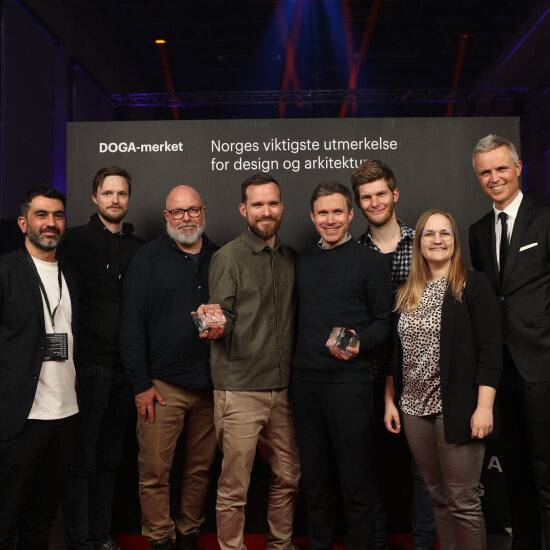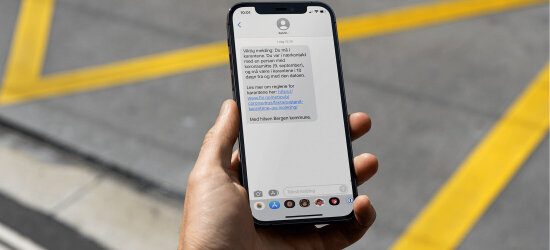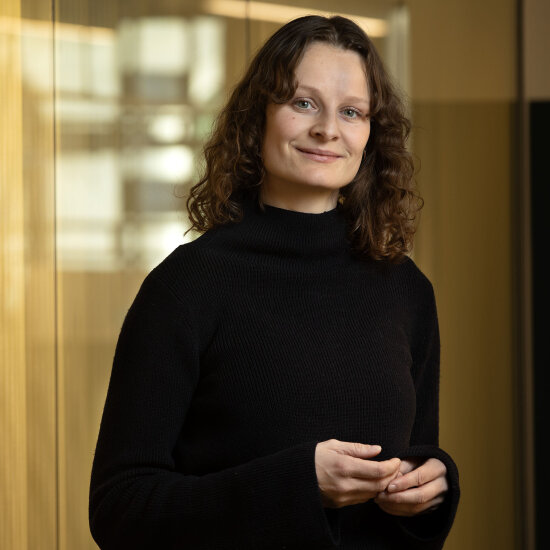It is amazing to see what is possible to create when doctors, developers and designers work together. In a short space of time, they managed to develop the infection tracking and vaccination tool that was missing from the toolbox of Norwegian local authorities when they were hit by the pandemic.
Infection tracking is resource-intensive work. Still, in many places they were using pen and paper, or an Excel spreadsheet at best, to keep track of increasing numbers of cases. Without any training, medical secretaries and physiotherapists suddenly had to grapple with new tasks.
Chief district medical officer Ingebjørn Bleidvin in Hadsel was in despair about the unclear situation. Because there was no digital tool available, he got in touch with friends who were IT experts.
Founded a business after three weeks
Bleidvin and his friends agreed to join forces on a development project. In April, they founded a company, Remin, and roped in further resources. The DeepInsight agency was put in charge of coding, storage and security, while Behalf took care of the design, interaction and front end-development.
The first version of an online tool was launched as early as May. This could be used to register cases of infection and close contacts.
As soon as the basic functions were in place, a major piece of work was commissioned for the design of a tool that would largely be used by the general public. This phase involved close partnership with the local authorities that were chosen to test this functionality.

Photo: Sverre Chr. Jarild
Clear language has health benefits
The pandemic and the infection control measures were key to the development, because the tool was principally required to meet the needs of the primary health service. At the same time, Remin went out of their way to avoid medical jargon in the parts of the system that were to be used by the general public. Consequently, the app uses clear language.
In a short space of time, Remin was able to present a comprehensive infection tracking tool that was adopted by more than 200 local authorities. Many of them also chose to use modules for vaccination and the booking of appointments.
Better oversight gives better protection against infection
Several local authorities report that Remin has been a vital tool for their tracking and tracing of Covid cases. When local authorities have a good overall picture of infection levels in the community, they are in a better position to prioritise infection control and patient management. It is therefore likely that hospitalisation has been avoided in numerous cases. Also, the local authorities estimate that they have saved more than one hundred thousand hours of work for front line health services compared to old-fashioned manual tracking of infection.
The fact that the solution is simple and user-friendly is the main reason for its success. Another key factor was the company’s partnership with local authorities that pledged to use and pay for the solution at an early stage. This gave the founders certainty that they were on the right track, and it helped to secure the funding.
Remin: Digital solution for infection tracking
By: Remin AS, Behalf AS, Deepinsight AS
Design disciplines: Interaction design, Service design, Design research
Recipient of the DOGA Award
This project has received the DOGA Award for Design and Architecture for its outstanding qualities and for showing how strategic use of design and architecture creates important social, environmental, and economic value.
These are three reasons why this is an exemplary project:
- The right solution developed at record pace
The project demonstrates how a design-driven innovation developed at pace can be of assistance in handling a crisis. More than 800,000 people have been registered with one or more cases of infection, and more than one million doses of vaccine are registered in Remin.
- 500 000 hours saved for the local authorities
The local authorities estimate that they save approximately three hours per Covid case by using Remin. Given that there are several hundred thousand registered cases of infection, this suggests a saving of more than five hundred thousand hours for the local authorities.
- Infrastructure with potential for transferability
Remin has given the local authorities an effective and user-friendly tool for tracking cases of infection and organising the rollout of the vaccination programme. This is critical infrastructure that may well come to be useful in other contexts.


